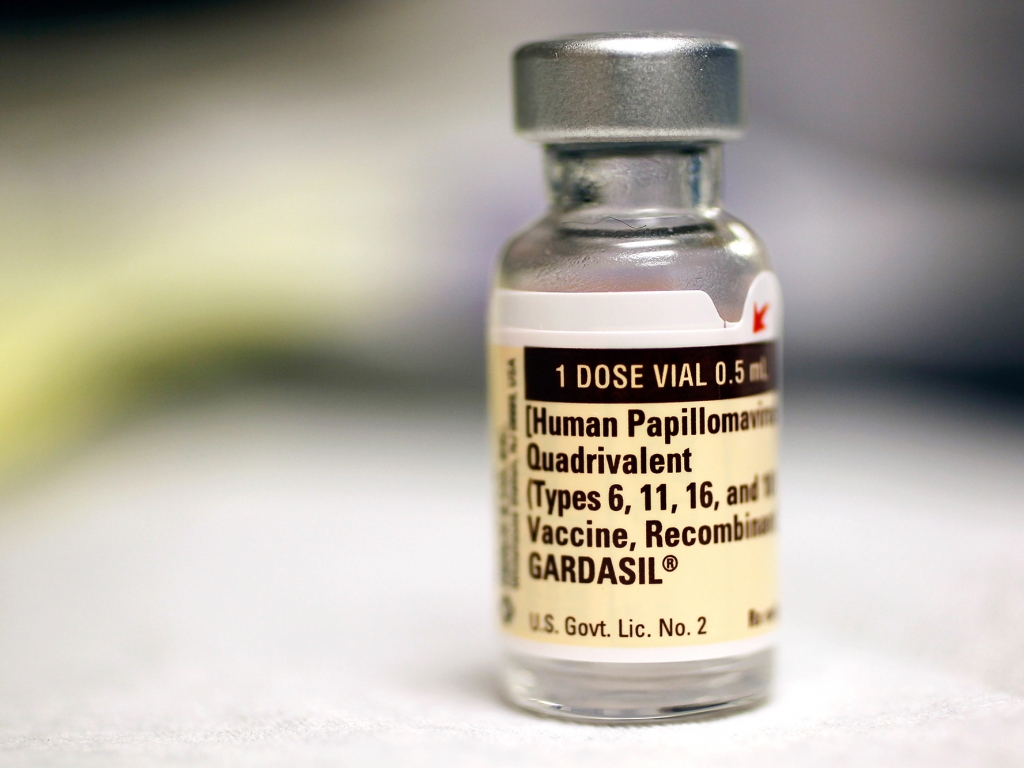-
Tips for becoming a good boxer - November 6, 2020
-
7 expert tips for making your hens night a memorable one - November 6, 2020
-
5 reasons to host your Christmas party on a cruise boat - November 6, 2020
-
What to do when you’re charged with a crime - November 6, 2020
-
Should you get one or multiple dogs? Here’s all you need to know - November 3, 2020
-
A Guide: How to Build Your Very Own Magic Mirror - February 14, 2019
-
Our Top Inspirational Baseball Stars - November 24, 2018
-
Five Tech Tools That Will Help You Turn Your Blog into a Business - November 24, 2018
-
How to Indulge on Vacation without Expanding Your Waist - November 9, 2018
-
5 Strategies for Businesses to Appeal to Today’s Increasingly Mobile-Crazed Customers - November 9, 2018
EU drug regulator investigates safety of cervical cancer vaccines but advises
Health officials in Japan have also raised questions about the vaccine’s safety. It protects against four types of HPV (6, 11, 16 and 18); Gardasil 9 offers protection against nine virus types (6, 11, 16, 18, 31, 33, 45, 52 and 58); Cervarix is used in women and girls to protect against precancerous growths and cancer in the cervix and genital area and targets HPV types 16 and 18.
Advertisement
“More than eight million doses of HPV vaccine have been given in the UK, with close to 90 percent of eligible teenagers vaccinated”, Dr. Sarah Branch, director of vigilance and risk management of medicines at the United Kingdom’s Medicines and Healthcare Regulatory Agency, told the BBC.
The EMA made it clear in a statement on Tuesday that the benefits of HPV vaccines outweigh their risks. The vaccine is recommended for 11- and 12-year-old boys and girls to prevent infection. However, it still remains of concern amid rising side effect speculations, whether or not the vaccine does provide more harm than good to its patients.
PRAC’s evaluation of the vaccine’s safety will be sent on to the Committee for Medicinal Products for Human Use for a final a final opinion, which the European Commission will then adopt for all EU countries.
It will focus on rare reports of two things – complex regional pain syndrome and a condition where standing up causes dizziness and rapid heart rate.
Reports of these conditions in young women who have received an HPV vaccine have already been considered during routine safety monitoring by the PRAC, which did not establish a causal link between them and the vaccines. Both conditions can occur in non-vaccinated individuals and it is considered important to further review if the number of cases reported with HPV vaccine is greater than would be expected. Jason L. Schwartz, PhD, MBE, and Laurel A. Easterling, both from Princeton University, reviewed the presence and timing of state requirements for vaccines (particularly requirements for adolescents) and compared them to the implementation of HPV vaccines.
Advertisement
Human papillomavirus (HPV) can result in genital warts, a common condition among adults.





























